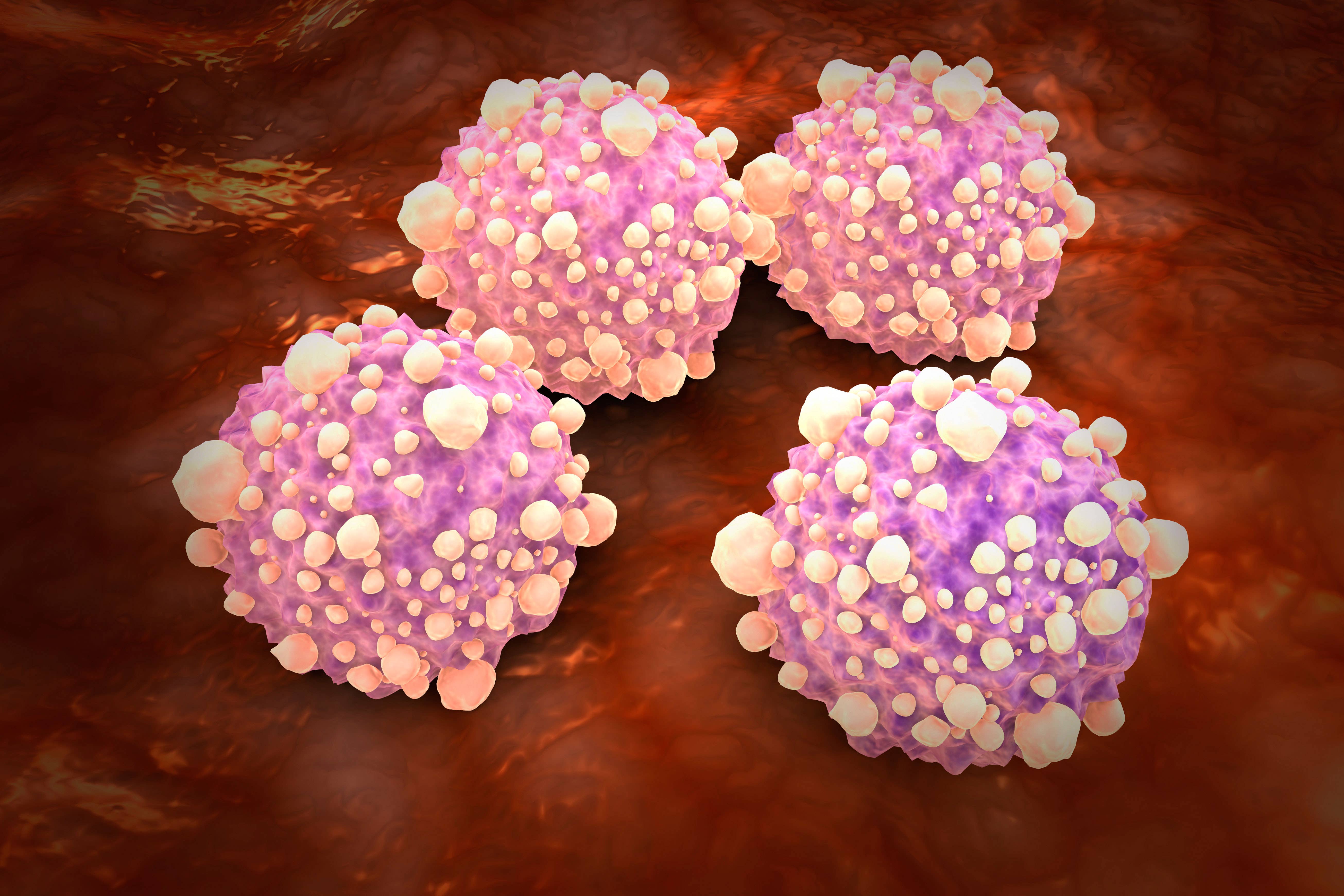Scientists have identified a crucial “target” for drug treatments that could potentially halt the progression of pancreatic cancer, offering renewed hope for patients. Experts suggest this breakthrough could lead to significantly improved outcomes for those diagnosed with the disease.
Pancreatic cancer remains a devastating diagnosis in the UK, affecting almost 11,000 people annually.
A recent audit highlighted the severity, revealing that the majority of patients – 62 per cent in England and 65 per cent in Wales – are diagnosed at stage 4, which means the disease has spread elsewhere in their body and is very difficult to treat.
Survival rates are particularly bleak, with 22 per cent of those diagnosed in England, and 21 per cent in Wales, dying within 30 days of their diagnosis.
The new research specifically focused on pancreatic ductal adenocarcinoma (PDAC), the most aggressive and common variant of the cancer.

Through a series of experiments, researchers discovered that blocking a protein known as SPP1 effectively stopped the cancer’s spread and extended survival time. They said the finding could one day lead to drug treatments designed to target the protein.
Researchers from the Institute of Cancer Research (ICR) in London examined genetic data from the tumours of 644 patients and found that levels of the SPP1 protein were raised in the advanced stages of pancreatic cancer, compared with earlier stages of the disease.
Patients with higher levels of SPP1 had worse outcomes, according to the research, which has been published in the journal Nature.
The team, funded by the ICR and Breast Cancer Now, also used lab-grown mini tumours designed to model the way cancer behaves in the human body. They found that when they “switched off” the gene to make the SPP1 protein, fewer and smaller tumours developed than when the protein was present.
The researchers also found that this protein played a key role in mice with PDAC. They found that “switching off” SPP1 significantly extended survival among mice – none of the mice with the gene survived past 50 days, whereas 20 per cent of the mice without the gene survived to 400 days, the ICR said.
They also found that the mice with the SPP1 gene switched off had tumours that did not spread.

Blocking SPP1 also appeared to raise the levels of another protein called GREM1, which has previously been linked to reducing pancreatic cancer spread when it is found in higher concentrations.
Axel Behrens, a professor of stem cell biology at the ICR, said: “Our research has identified a protein that, when blocked, can prevent cancer from spreading around the body and can hopefully keep patients living well for longer. The next step for this research will be to develop a drug that can precisely target the protein.”
Professor Kristian Helin, chief executive of the ICR, added: “Pancreatic cancer remains a devastating diagnosis for patients, as its most common form spreads aggressively and is difficult to treat. This exciting research offers hope, identifying a clear target to halt the spread of the disease.
“It’s an important step toward more effective treatments, and I look forward to future drug-discovery efforts building on these findings to provide new options to patients in urgent need.”
Anna Jewell, director of research at Pancreatic Cancer UK, said: “Over half of people diagnosed with this devastating disease die within just three months, an appalling survival rate that has barely changed since the 1970s.
“We desperately need new, more effective treatments, and this study sheds new light on a key protein that helps pancreatic cancer spread around the body so rapidly. These promising findings could pave the way for the development of new drugs to target this protein and halt the cancer’s progress.
“Pancreatic cancer is very aggressive. Once discovered it’s often so advanced that seven in 10 people receive no active treatment – not even chemotherapy. Stopping the disease from spreading could give many more people the chance of lifesaving surgery or more precious time with their loved ones.”
Source link

